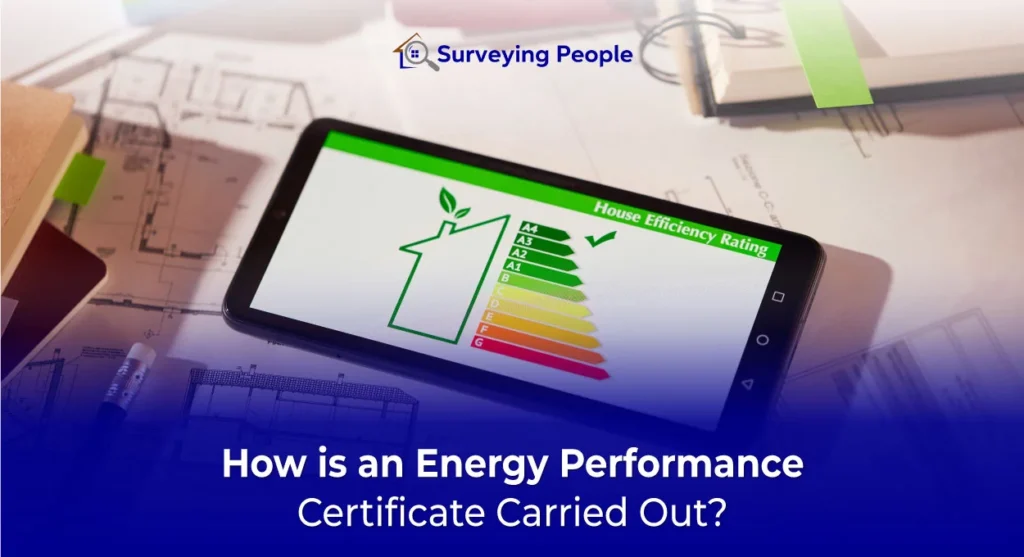You have most likely seen an EPC without even realising it. Since 2007, an EPC rating is vitally important and a legal requirement for properties across the UK to be sold, let or worked on. But, what are EPC surveys? Find out more here from a team of RICS-qualified surveyors.
What is an EPC?
An energy performance certificate (EPC) is documentation that shows how efficient the energy is in the property. They are used to determine how costly utilities such as electricity and heating will accumulate and the level of carbon dioxide that is emitted.
These EPC surveys will determine not only the property’s energy efficiency rating but also recommendations on how to improve and make the home more energy efficient. As the energy crisis continues to increase and become more severe, it is important that homeowners understand how energy efficient their home is and if there are ways to ensure homes remain heated during the colder months. In certain cases, insufficient insulation or gaps in any windows or door seals.
With an energy efficiency rating, the property is graded between A (92-100) and G (1-20), with A being the most efficient. As new builds have only been lived in once, these properties tend to have high ratings and, with new building regulations, it is important that windows have at least a C EPC. However, in older homes, these ratings tend to be a lot lower, with the average being D. In these situations, it is important to undergo EPC surveys to ensure homeowners understand what is lacking in their efficiency.
How Long Does an EPC Last?
Once EPC surveys have been conducted, an energy performance certificate will be valid for 10 years. If you are moving into a new home, it is important to ensure that its EPC rating is valid unless it is a new build. As EPC reports were introduced in 2007, there’s a high chance that if the property has a rating, it is not in date.
Make sure to check your property has a valid rating using the EPC register’s lookup tool here.
What If I’m Renting?
An EPC rating is a legal requirement in all buildings. However, what about if you’re renting? The landlord or freeholder is responsible for ensuring that all of the property they own has a valid energy efficiency rating.
Tenants should make sure that, before they move in, their landlord sends over the EPC rating to determine their budget. For example, in properties with D or E ratings, this may result in more costly heating bills during the colder months. Landlords should ensure valid EPC surveys are undergone to ensure their tenants are satisfied. Find out more here.
How Do I Get an EPC?
If you are requiring an EPC rating for your property, or wanting its rating reassessed, the survey must be conducted by qualified EPC inspectors. All rooms, including the loft, and heating systems should be accessible so that the EPC surveyor can take all required measurements and any relevant pictures. EPC surveys typically take around 30 minutes, however, different factors including size of the property, room size, number of rooms and floors will affect this.
Once these have been completed, this data will be entered to create the energy performance certificate, which is then submitted to the central register. Homeowners will theme receive an email with a copy of the EPC reports and a copy of the certificate will always be available on the EPC Register.
Our EPC Surveyors
With over 30 years of experience in the construction and surveying industry, our team at Surveying People consists of RICS-qualified surveyors and EPC inspectors. Our London surveyors cover areas including the North, North West, Harrow and Central boroughs. So, if you’re in London and requiring “EPC near me”, look no further than Surveying People.
For more information, or to receive a quote on our EPC surveys, fill in our form here. Or, speak to one of our EPC surveyors today and call us on 020 8203 1281.

